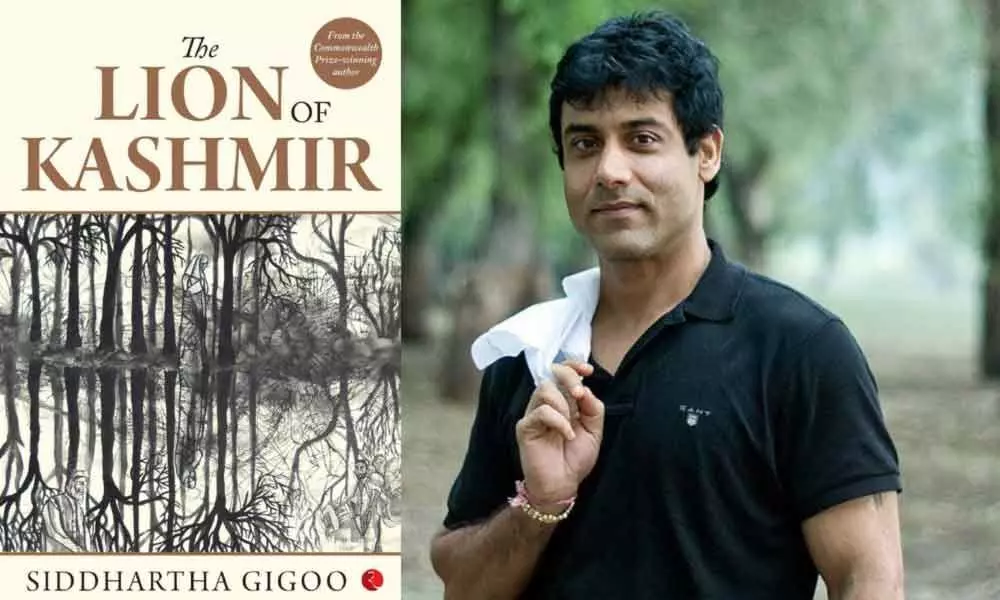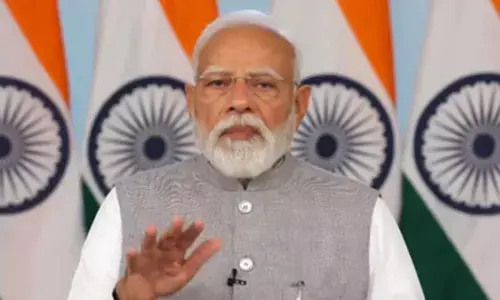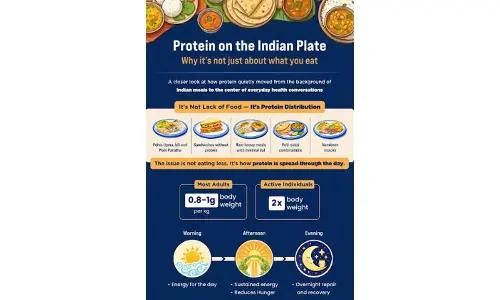The dream of home persists

Award-winning author Siddhartha Gigoo's latest 'The Lion of Kashmir' explores and reflects on the happenings in Kashmir from 1990 to contemporary times. But there is more to it
Essentially, I wrote it to study a father-daughter relationship in the light of the deeply complex political and law-and-order situation in Kashmir," the author of 'The Lion of Kashmir' shares during an interview on the occasion on the launch of the book.
The book revolves around the Special Operations Group ('Special Forces' in the novel), a pro-government counter-insurgency militia in Kashmir largely composed of surrendered Kashmiri militants who have been a target of their own aides and partners from various militant outfits. They have been criticized by local political parties, successive governments and even by the people of Kashmir.
"Branded as turncoats and traitors by the very people whom they are duty-bound to protect from militant attacks, they often find themselves caught between the devil and the deep blue sea. Their identities are shrouded in mystery; they can't even reveal their faces. Imagine their lives in such a hopeless scenario. They are 'neither here nor there' cops. They walk on the razor's edge on a daily basis."
Author of 'The Garden of Solitude' (2011) and 'A Fistful of Earth and Other Stories' (2015), which was long listed for the Frank O'Connor International Short Story Award 2015, Gigoo's short story 'The Umbrella Man' won the Commonwealth Short Story Prize 2015 for Asia. Talking about his writing process, Gigoo, who has a day job, prefers writing during nights and weekends.
"However, I spend a great amount of time pre-writing a novel, meaning conceiving a novel in my head before I begin to write. It has taken me years. Sometimes a sentence takes days."
Mention the fact that he began with writing poetry and then switched to prose, and the author asserts, "Storytelling must also be poetic. Baudelaire says: Always be a poet, even in prose. I still write poems, but I don't write to get them published, though I share some on Instagram. Sometimes, while writing a poem you discover a story. And then you're compelled to write it. For me, the first line of a story is born in the shape of a poem."
Even as it has been 30 years since the Pandits were forced to leave the valley, Gigoo is optimistic that they will go back home. "It might take us years, decades, centuries, but we will go back to our homeland, reclaim our past and rebuild our homes."
Preferring to present the 'complete picture' when it comes to Kashmir, incorporating different points of view, he stays away from presenting only a single point of view. The author asserts that it is important for him to look outside the frame and have a 360-degree view. Quietly looking at people, reading their expressions, snooping into their conversations, and imagining them in all sorts of situations and circumstances while they are going about their daily lives.
"More importantly, placing yourself at the centre of their worlds. Being with them and yet being detached. As a novelist, I don't think in terms of Muslim side of the story and the Hindu side of the story. I am incapable of such narrow-mindedness. What intrigues me is the human condition. It is not divided along the lines of religion.
Something interesting and of profound human significance is always taking place in the most ordinary places and with the most ordinary people. All we got to do is look, and then discover the extraordinariness. One must have the ability to shut the door to the outside world, yet keep all other doors to the same outside world open."
Also a filmmaker, who has made short films like 'The Last Day' and 'Goodbye Mayfly' says he does look forward to making more short films, "Only if I am able to arrange the budget."
Ask him if the abolition of Article 370 would really pave a path for the return of Pandits to the valley, as stressed by the present government, and he says, "I hope it does. One can only hope. People all over the country are talking of being able to buy land and property in Jammu and Kashmir now. Stripped of its special status, Kashmir is now a place that belongs to everyone, where everyone can settle.
Article 370 was supposed to give us a special status with unique rights and privileges no other Indians born elsewhere had. The special status that was bound by the state's constitution to protect us from persecution in 1990, then guarantee our dignified return to our own homes before it is late, but failed to do so, is now gone forever. The yearning for restitution is stronger than ever in my heart. The dream of home persists. The dream to reclaim everything that was snatched from us lingers on."










